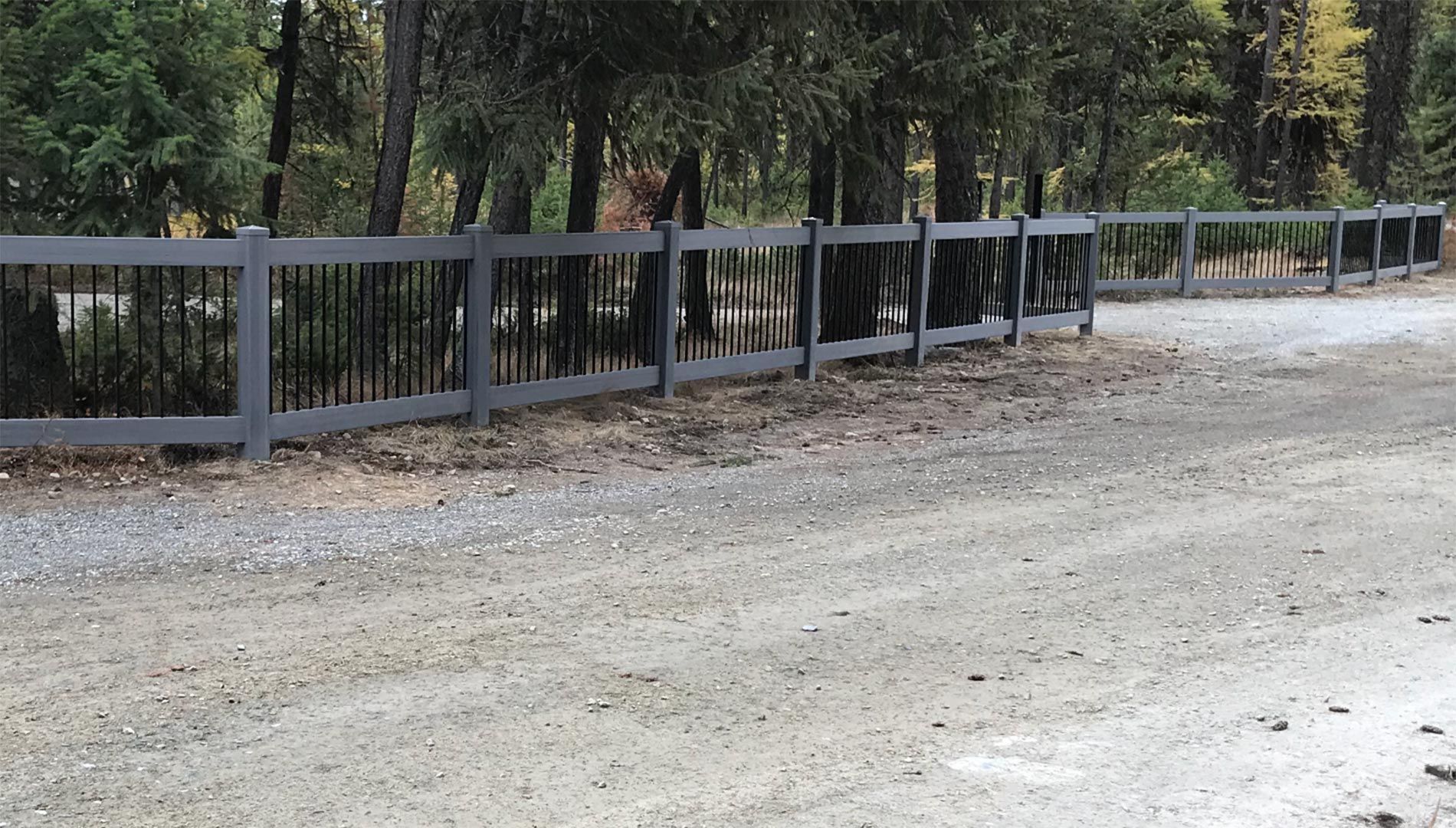Choosing the right fencing for your property can be challenging. Let’s break down the differences between continuous panel fencing and traditional options to help you decide.
Comparison of Materials and Costs
When considering fencing, the materials you select will influence both the cost and overall effectiveness:
- Continuous Panel Fencing: Made from welded steel, this type of fencing is built for long-term strength and resilience. Though the upfront cost can be more, it saves money in maintenance down the road.
- Traditional Fencing: Comprising materials like wood, barbed wire, or vinyl, traditional fencing is often cheaper initially, but frequent repairs or replacements can add up over time.
Maintenance and Durability Factors
For weather resistance and overall wear, here’s how each fencing option stacks up:
- Continuous Panel Fencing: Designed for toughness, continuous panel fencing can withstand harsh weather and livestock-related impacts. It requires very little maintenance, typically only occasional cleaning or rust treatment.
- Traditional Fencing: Traditional fences, particularly wooden ones, can deteriorate from weather exposure. Barbed wire and vinyl options are also vulnerable to wear. Ongoing maintenance is often needed.

Appearance Comparison
The appearance of your fence plays a role in your property's overall appeal:
- Continuous Panel Fencing: Featuring a contemporary and sleek design, continuous panel fencing suits both residential and agricultural settings. It’s customizable with various finishes and additions.
- Traditional Fencing: Wood and vinyl fences offer a classic, rustic charm, while barbed wire focuses more on practicality than aesthetics.
Best Applications for Each Fencing Type
The purpose of your fence will dictate which type is most suitable:
- Continuous Panel Fencing: Ideal for livestock containment, property boundaries, and high-traffic areas where durability is critical.
- Traditional Fencing: Ideal for smaller enclosures, aesthetic purposes, or when on a tighter budget.
Final Thoughts: Which Fence is Best for You?
Deciding between continuous panel fencing and traditional fencing comes down to what matters most to you:
- For long-term durability and low maintenance, continuous panel fencing is the clear winner.
- For a more budget-friendly or decorative option, traditional fencing may offer a more affordable and visually appealing alternative.
Consider your budget, property needs, and aesthetic preferences to choose the ideal fencing option.